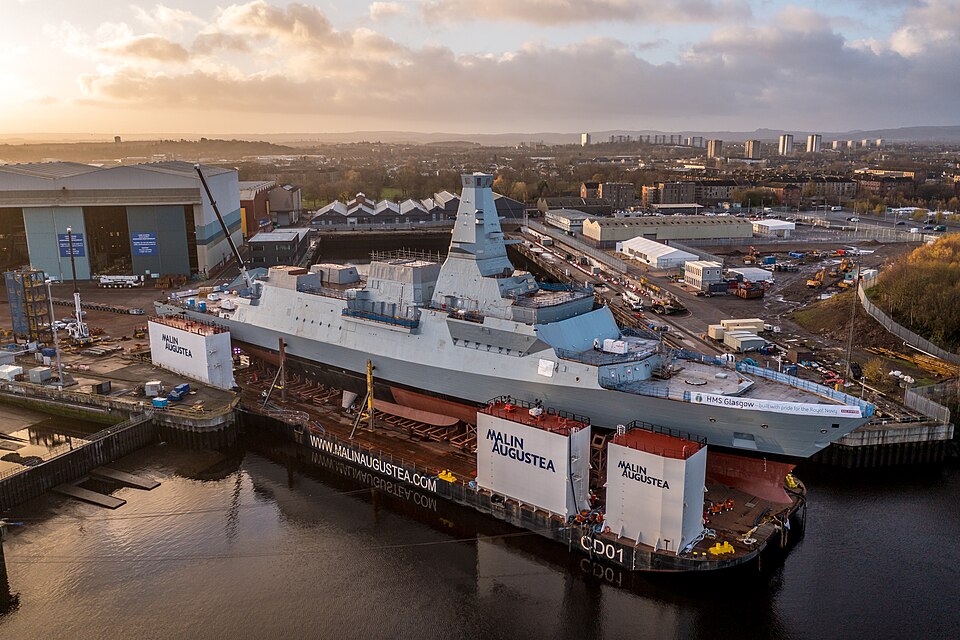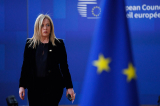
Norway has struck a huge £10 billion deal with the UK to build a new generation of warships in Glasgow, a move both countries say will strengthen European security at a time of rising
tensions with Russia.
The ships – advanced Type 26 frigates – will be constructed at BAE Systems’ shipyard in Govan, Scotland. At least 13 of these high-tech anti-submarine vessels will be built, with five earmarked for the Norwegian navy. Once complete, the ships will allow the UK and Norway to operate a powerful joint fleet.
Prime Minister Sir Keir Starmer was informed of Norway’s decision in a call with his counterpart, Jonas Gahr Støre, over the weekend. Downing Street called the announcement a “historic moment for European security.”
The project is expected to create around 2,000 jobs directly at BAE and another 2,000 across the wider supply chain over the next decade.
“This £10 billion deal is exactly what our Plan for Change is about—creating jobs, driving growth, and keeping our country safe,” Starmer said. “It shows the skill and dedication of thousands of workers across the UK who are helping strengthen NATO and protect our allies.”
The Type 26 frigates, which will replace the Royal Navy’s ageing Type 23 fleet, are some of the most advanced warships in the world. Weighing nearly 7,000 tonnes, they’re designed to track and hunt submarines, guard key infrastructure, and support missions across the globe.
Defence Secretary John Healey said the agreement “deepens our strategic partnership with Norway,” adding that the two navies will “work as one, leading NATO operations in the North Atlantic, protecting critical infrastructure, and deterring Russian threats.”
Scotland’s Secretary Ian Murray also hailed the deal as proof of the country’s world-class shipbuilding industry, saying it highlights “the tremendous success of Scottish shipyards and the workers who keep them running.”
The deal comes on top of the government’s recent £6 billion boost to military spending, which includes new drones, weapons, and additional shipbuilding capacity.
With Russia’s war in Ukraine showing no signs of slowing, officials on both sides of the North Sea say this deal couldn’t come at a more crucial time. Photo by Ian Dick from Glasgow, UK, Wikimedia commons.









































